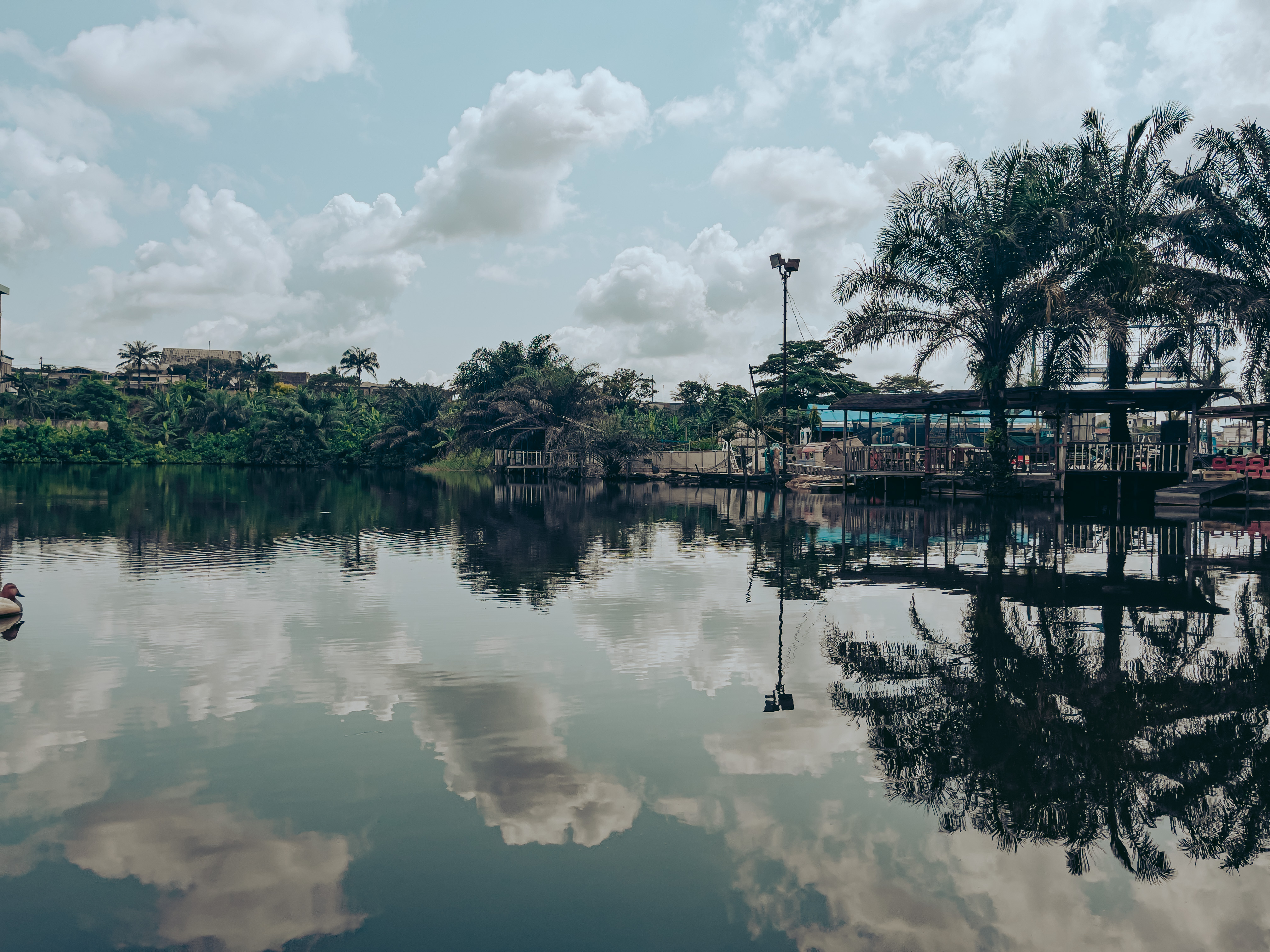|
University Of Douala
University of Douala, or Université de Douala (UDla), is located in Douala in Cameroon. The University of Douala is one of the eight public universities of Cameroon. History The current structure of the University of Douala was established in 1993. The university incorporated the previous University Centre (Centre universitaire established in 1977) which was made of the ''Ecole Supérieure des Sciences Economiques et Commerciales'' (ESSEC established in 1977) and the ''Ecole Normale d'Enseignement Technique'' (ENSET established in 1979) and which was transformed into a university in 1992. The university has around 40.000 students, 600 teachers and around 600 administrators and collaborators. The University of Douala has six locations in different neighborhoods of the city of Douala: * Campus Bassa "Cité SIC" where the main campus is located (ecole superieures des sciences economiques et commerciales, faculté des sciences juridiques et commerciales, faculté des sciences ec ... [...More Info...] [...Related Items...] OR: [Wikipedia] [Google] [Baidu] |
Douala
Douala is the largest city in Cameroon and its economic capital. It is also the capital of Cameroon's Littoral Region (Cameroon), Littoral Region. Home to Central Africa's largest port and its major international airport, Douala International Airport (DLA), it is the commercial and economic capital of Cameroon and the entire Economic Community of Central African States, CEMAC region comprising Gabon, Congo, Chad, Equatorial Guinea, Central African Republic and Cameroon. Consequently, it handles most of the country's major exports, such as Petroleum, oil, Cocoa bean, cocoa and coffee, timber, metals and fruits. , the city and its surrounding area had an estimated population of 5,768,400. The city sits on the estuary of Wouri River and its climate is tropical. History The first Europeans to visit the area were the Portuguese people, Portuguese in about 1472. At the time, the estuary of Wouri River was known as the Rio dos Camarões (Shrimp River). By 1650, it had become the site ... [...More Info...] [...Related Items...] OR: [Wikipedia] [Google] [Baidu] |
Cameroon
Cameroon (; french: Cameroun, ff, Kamerun), officially the Republic of Cameroon (french: République du Cameroun, links=no), is a country in west-central Africa. It is bordered by Nigeria to the west and north; Chad to the northeast; the Central African Republic to the east; and Equatorial Guinea, Gabon and the Republic of the Congo to the south. Its coastline lies on the Bight of Biafra, part of the Gulf of Guinea and the Atlantic Ocean. Due to its strategic position at the crossroads between West Africa and Central Africa, it has been categorized as being in both camps. Its nearly 27 million people speak 250 native languages. Early inhabitants of the territory included the Sao civilisation around Lake Chad, and the Baka hunter-gatherers in the southeastern rainforest. Portuguese explorers reached the coast in the 15th century and named the area ''Rio dos Camarões'' (''Shrimp River''), which became ''Cameroon'' in English. Fulani soldiers founded the Adamawa Emirate ... [...More Info...] [...Related Items...] OR: [Wikipedia] [Google] [Baidu] |
Universities In Cameroon
A university () is an institution of higher (or tertiary) education and research which awards academic degrees in several academic disciplines. Universities typically offer both undergraduate and postgraduate programs. In the United States, the designation is reserved for colleges that have a graduate school. The word ''university'' is derived from the Latin ''universitas magistrorum et scholarium'', which roughly means "community of teachers and scholars". The first universities were created in Europe by Catholic Church monks. The University of Bologna (''Università di Bologna''), founded in 1088, is the first university in the sense of: *Being a high degree-awarding institute. *Having independence from the ecclesiastic schools, although conducted by both clergy and non-clergy. *Using the word ''universitas'' (which was coined at its foundation). *Issuing secular and non-secular degrees: grammar, rhetoric, logic, theology, canon law, notarial law.Hunt Janin: "The university i ... [...More Info...] [...Related Items...] OR: [Wikipedia] [Google] [Baidu] |
Educational Institutions Established In 1977
Education is a purposeful activity directed at achieving certain aims, such as transmitting knowledge or fostering skills and character traits. These aims may include the development of understanding, rationality, kindness, and honesty. Various researchers emphasize the role of critical thinking in order to distinguish education from indoctrination. Some theorists require that education results in an improvement of the student while others prefer a value-neutral definition of the term. In a slightly different sense, education may also refer, not to the process, but to the product of this process: the mental states and dispositions possessed by educated people. Education originated as the transmission of cultural heritage from one generation to the next. Today, educational goals increasingly encompass new ideas such as the liberation of learners, skills needed for modern society, empathy, and complex vocational skills. Types of education are commonly divided into formal, ... [...More Info...] [...Related Items...] OR: [Wikipedia] [Google] [Baidu] |


